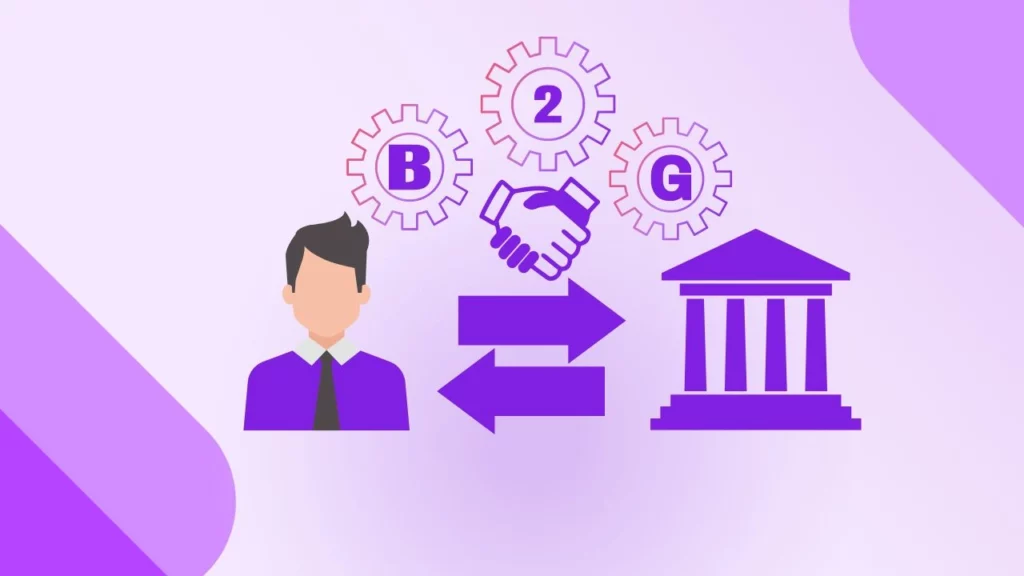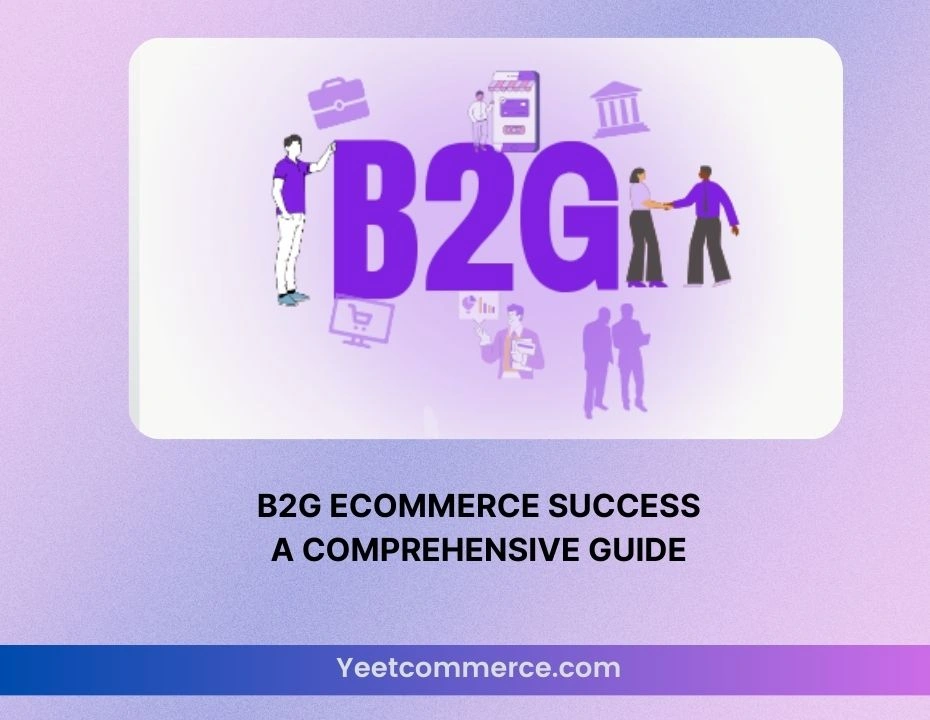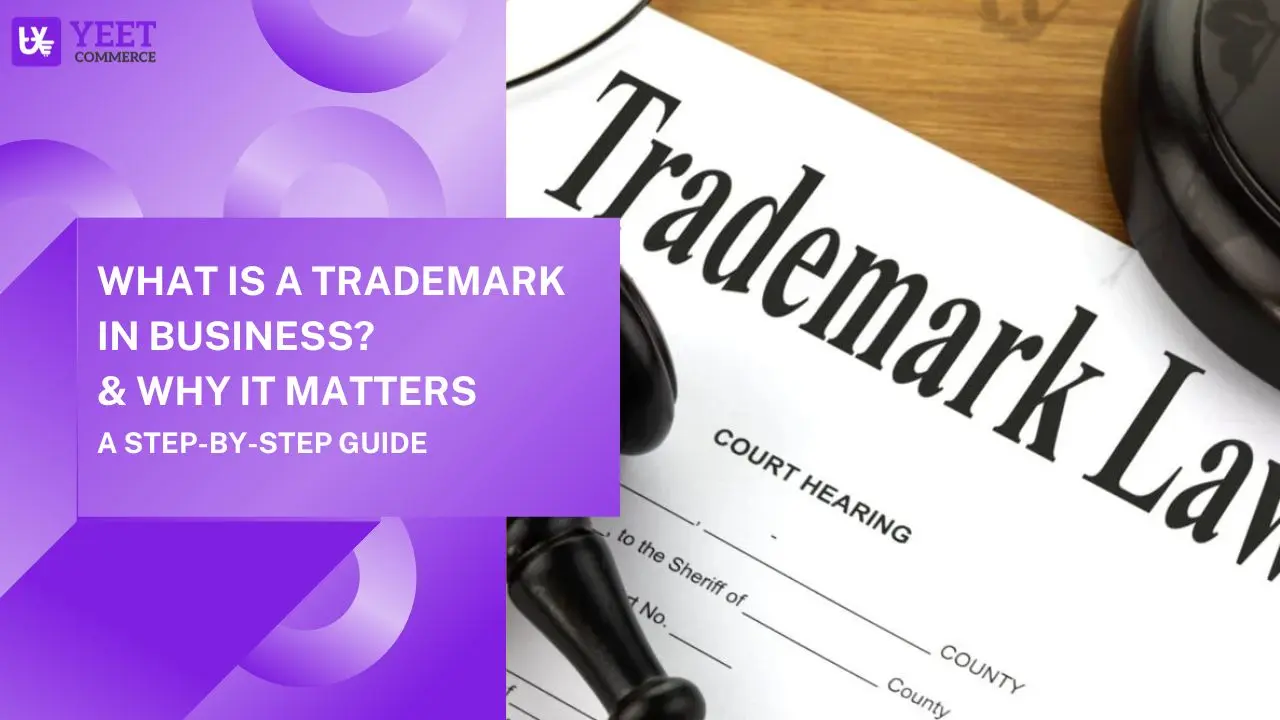What is B2G eCommerce?
In today’s digital age, you’re likely familiar with various eCommerce models like B2C (Business-to-Consumer) and B2B (Business-to-Business). But have you ever heard of B2G eCommerce? B2G stands for Business-to-Government, and it’s a unique and fascinating eCommerce model where businesses provide goods, services, and solutions directly to government agencies. Unlike the typical consumer or business clients, the government requires a distinctive approach due to its unique purchasing protocols, regulatory requirements, and procurement processes.
For instance, according to a report by Deloitte, the global public sector market for technology spending is expected to reach $450 billion by 2023, highlighting the immense potential of B2G eCommerce.

The Importance of B2G eCommerce
Now, you might be wondering, why is B2G eCommerce so important? For starters, the government represents a massive market with significant purchasing power. By engaging in B2G eCommerce, businesses can tap into a steady and reliable revenue stream. Government contracts often span multiple years and involve substantial financial commitments, providing businesses with long-term stability and growth opportunities.
For example, companies like IBM and Microsoft have established lucrative B2G contracts, supplying software, cloud services, and cybersecurity solutions to various government agencies worldwide.
Additionally, B2G eCommerce fosters innovation and efficiency in public services. When businesses supply cutting-edge technology, infrastructure, or services to government entities, it enhances the quality of public services and improves the overall functionality of governmental operations. This symbiotic relationship between businesses and government not only drives economic growth but also ensures that public sectors stay abreast of technological advancements.
Types of businesses suited for B2G eCommerce
Not all businesses are ideal for B2G sales. Industries like technology, cybersecurity, infrastructure development, and consulting services often succeed in this market. These sectors align well with the government’s needs for modernization, security, and efficiency, making them prime candidates for B2G contracts.
For instance, companies specializing in renewable energy, waste management, green infrastructure, and smart city solutions are gaining traction in the B2G eCommerce space due to the government’s focus on sustainability and digital transformation.
The Importance of Financial Considerations in B2G eCommerce
B2G eCommerce can have significant financial implications for businesses. Understanding the financial requirements for B2G contracts is crucial. Businesses may need to meet bonding requirements and demonstrate financial stability to qualify for government contracts. Risk management strategies are also essential to mitigate potential risks associated with lengthy sales cycles and delays in government payments.
Financial Requirements for B2G Contracts
Government contracts often require businesses to meet certain financial benchmarks. This may include demonstrating sufficient liquidity, solvency, and creditworthiness. Additionally, bonding requirements, such as performance bonds or bid bonds, may be necessary to secure contracts. Businesses should assess their financial capacity and explore options like surety bonds or bank guarantees to meet these requirements.
Risk Management Strategies
Managing risks is paramount in B2G eCommerce. Businesses should develop robust risk management strategies to address challenges like prolonged sales cycles and delayed payments. This may involve diversifying revenue streams, maintaining cash reserves, and establishing contingency plans for unforeseen circumstances. Collaborating with financial advisors or consultants can provide valuable insights into risk mitigation strategies tailored to B2G transactions.
Getting Started with B2G eCommerce
If you’re considering entering the B2G eCommerce space, here’s a step-by-step guide to help you get started:
1. Register as a Government Vendor:
Visit the official government procurement website and register your business as a vendor. Ensure that your business information, certifications, and qualifications are up to date and compliant with government standards.
2. Identify Relevant Opportunities:
Stay informed about upcoming procurement opportunities by regularly checking government portals, attending procurement events, and networking with government officials and agencies. Identify projects or services that align with your business expertise and capabilities.
3. Participate in the Bidding Process:
When a government agency issues an RFP (Request for Proposal) or RFQ (Request for Quotation) that matches your offerings, prepare a comprehensive proposal that highlights your unique value proposition, competitive pricing, and adherence to project requirements. Submit your bid within the specified deadline and follow up with the procurement team as needed.
Case Studies: Showcasing B2G eCommerce Success Stories
To inspire and educate businesses about the potential of B2G eCommerce, here are some case studies of companies thriving in this market:
1. XYZ Technologies:
XYZ Technologies, a small IT firm specializing in cybersecurity solutions, secured a B2G contract with a government agency to enhance data security measures. Through innovative technologies and compliance with regulatory standards, XYZ Technologies demonstrated value and reliability, leading to continued collaborations and growth opportunities.
2. GreenTech Solutions:
GreenTech Solutions, a renewable energy company, partnered with government agencies to implement sustainable energy solutions across public infrastructure. By addressing environmental concerns and promoting green initiatives, GreenTech Solutions established a strong presence in this eCommerce model sector, securing contracts for solar projects, energy-efficient buildings, and waste management solutions.
These case studies illustrate how businesses can leverage B2G eCommerce to drive innovation, deliver value, and build long-term partnerships with government clients.
In conclusion, This eCommerce model offers tremendous opportunities for businesses to expand their market reach, foster innovation, and contribute to public sector advancements. By understanding industry-specific considerations, financial requirements, and strategic approaches, businesses can navigate the complexities of B2G eCommerce and unlock growth potential.


















